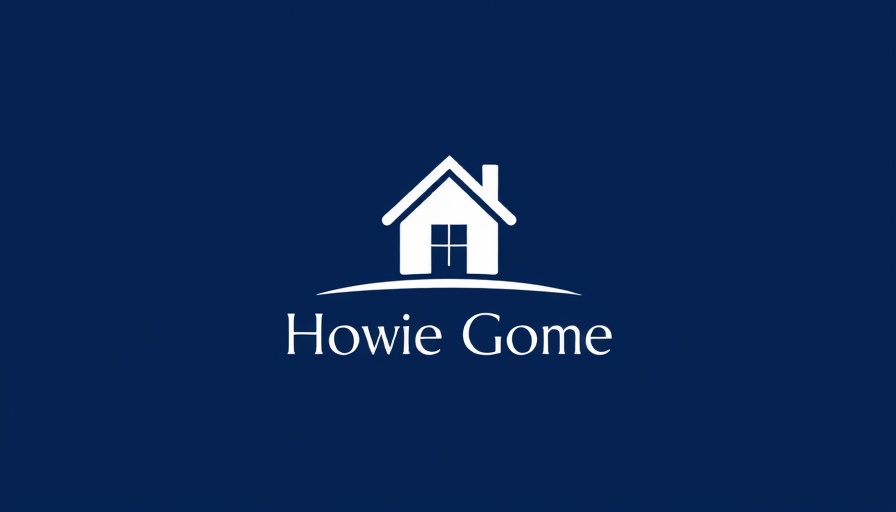
Understanding House Affordability for a $100K Salary
For many individuals and households, reaching a $100,000 salary is a significant milestone. While this income level opens up opportunities, it prompts the important question: “How much house can I afford if I make $100,000 a year?” Determining your home-buying budget transcends merely converting salary to mortgage payments; it requires a closer look at personal finances, including debts, savings, and economic variables.
Defining Home Affordability with the 28/36 Rule
The 28/36 rule is a foundational guideline recommended by financial experts that can clarify how much you can spend on homeownership. According to this rule, your housing expenses should ideally not exceed 28% of your gross monthly income, while total debt payments should stay below 36%. For someone earning $100,000, this translates to roughly $2,333 for home-related costs and $2,999 for total monthly debts.
Calculating Your Purchasing Power
Your earning capacity alone doesn’t dictate your buying power. Factors, such as the amount saved for a down payment and any existing debts, will shape the home price range suitable for you. Analysis suggests that if your down payment is 20%, you may comfortably afford a home priced around $400,000, especially in areas where property prices are favorable.
The Impact of Geographic Location
It’s important to recognize that a $100,000 salary will stretch differently depending on the real estate market you’re considering. In high-cost areas like San Francisco or New York, this salary may be insufficient for median-priced homes. Conversely, in many Midwestern markets, a salary of $100,000 is competitive enough to secure a decent family home. A recent report highlighted cities such as Cincinnati, Indianapolis, and Houston as locales where buyers might find homes within their budget.
Considerations for Success
When evaluating your home-buying prospects, utilize tools such as mortgage calculators that take various factors into account, including estimated property taxes and PMI which can significantly alter monthly payments. Additionally, consulting with a financial advisor or a mortgage lender can provide clarity and tailored insights into how to optimize your situation for affordability.
Real estate is not just about finances; it's a pathway to stability and potential investment returns. Whether you decide to pursue homeownership now or implement a strategy to save and boost your credit score before applying for a mortgage, being informed is your best asset.
 Add Row
Add Row  Add
Add 




Write A Comment